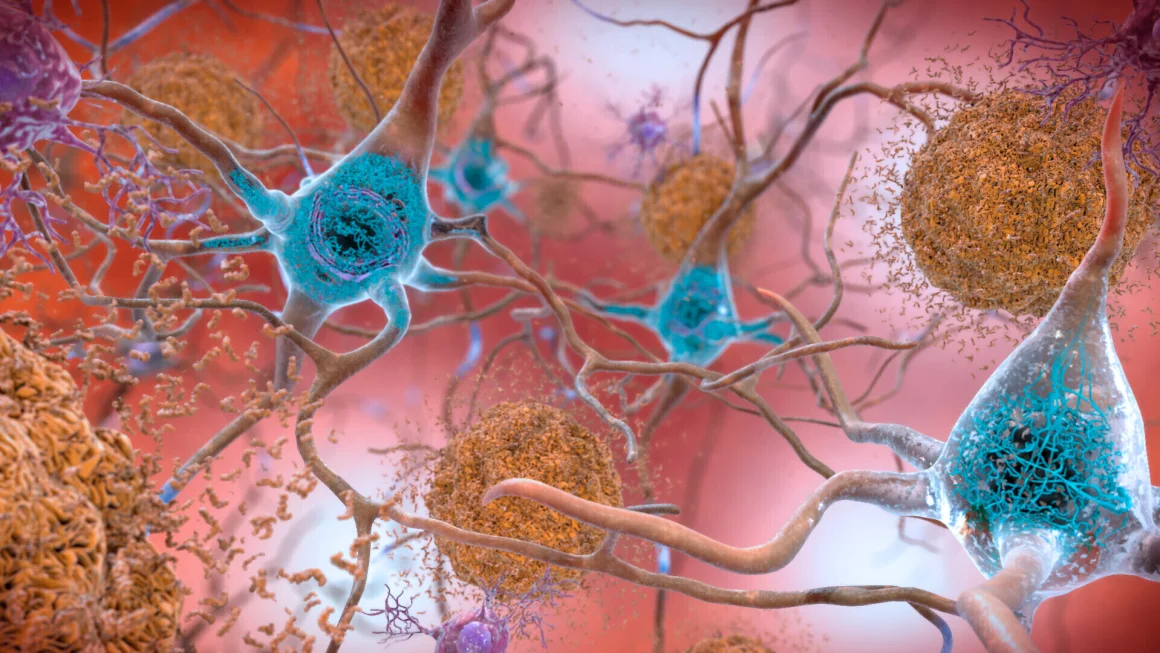
A recent study led by researchers at the Harvard T.H. Chan School of Public Health has found that what you eat in your 40s, 50s, and 60s has a significant impact on how healthy you are when you reach 70. The study, which followed over 100,000 Americans for up to three decades, provides new insights into how diet affects healthy aging.
Published on March 24 in Nature Medicine, the study showed that adhering to a healthy diet earlier in life increases the likelihood of aging without chronic diseases such as diabetes, heart disease, and hypertension—even after factoring in other lifestyle choices like exercise and smoking habits.
To dive deeper into the study’s findings and how they might influence people’s nutrition choices, I spoke with Dr. Leana Wen, our wellness expert. Dr. Wen, an emergency physician and adjunct professor at George Washington University, served as Baltimore’s health commissioner in the past.
How Did the Researchers Track Eating Habits, and What Did They Discover?
Dr. Leana Wen: This study was observational and long-term, meaning the researchers tracked the same participants over time, collecting data on their self-reported food consumption and health outcomes. Participants were asked about their dietary habits for up to 30 years, providing detailed records of how often they ate over 130 different foods.
Researchers then evaluated their eating patterns based on how closely they aligned with eight different healthy diet types and their intake of unhealthy ultraprocessed foods. At the study’s conclusion, only about 9.3% of participants—9,771 out of 105,015—were considered to have aged healthily. This meant they reached 70 without chronic diseases or mental, physical, or cognitive impairments.
The study found that those who adhered more closely to the healthy eating patterns had a greater likelihood of healthy aging. Specifically, higher intake of fruits, vegetables, whole grains, legumes, nuts, unsaturated fats, and low-fat dairy was linked to better aging outcomes. Conversely, diets high in trans fats, sodium, sugary drinks, and red or processed meats were associated with lower chances of aging healthily.
In my opinion, this is a solid study that convincingly shows how eating a nutritious diet earlier in life can play a key role in aging well. Other research supports these findings, showing that people who consume more vegetables, fruits, whole grains, and nuts while cutting out sugary drinks and processed foods tend to live longer and healthier lives.
What Are the Eight Diets Focused on in the Study?
Dr. Wen: The participants didn’t label themselves as following any specific diet. Instead, they reported their food consumption, and researchers assessed their adherence to eight different diet types known for their health benefits. These diets were:
- The Alternative Healthy Eating Index (AHEI)
- The Alternative Mediterranean Index (aMED)
- The Dietary Approaches to Stop Hypertension (DASH)
- The Mediterranean-DASH Intervention for Neurodegenerative Delay (MIND)
- The Healthful Plant-Based Diet (hPDI)
- The Planetary Health Diet Index (PHDI)
- The Empirically Inflammatory Dietary Pattern (EDIP)
- The Empirical Dietary Index for Hyperinsulinemia (EDIH)
How Can This Study Impact Nutrition Choices During Midlife?
Dr. Wen: The study should encourage people to view diet as a crucial factor in healthy aging. When making food choices, the focus should be on minimally processed whole foods like leafy vegetables, fresh fruits, and whole grains. This study, along with others, highlights the benefits of incorporating nuts and legumes—like beans and lentils—into your diet.
Fish and lean meats are also part of a balanced diet, while processed meats such as deli slices and fried foods are linked to poorer health outcomes.
Do Diet Habits in Younger People Matter?
Dr. Wen: This study focused on people in their 40s to 60s, not earlier in life. However, based on other research, it’s clear that everyone—regardless of age—can benefit from healthy eating. It’s also never too late to start making better food choices and improving your diet for long-term health.
What Does the Study Say We Should Avoid Eating?
Dr. Wen: While the study emphasizes foods that promote healthy aging, it also highlights foods that are detrimental. Sugary drinks—such as sodas and fruit juices with added sugar—are particularly harmful, as are ultraprocessed foods and items high in sodium and trans fats.
Reducing consumption of sugary beverages and ultraprocessed foods can significantly improve your health. When shopping, reading food labels is a helpful way to determine whether a product is ultraprocessed. Foods with long ingredient lists containing many additives are often ultraprocessed and should be swapped out for simpler, less processed alternatives.
That said, it’s important to recognize the role of policy in shaping people’s eating habits. In many areas, ultraprocessed foods are often cheaper and more accessible than fresh produce. Policymakers should focus on creating food environments that make healthy eating easier, which would ultimately reduce chronic diseases and healthcare costs over time.
In summary, this research underscores the importance of good nutrition for healthy aging, not just in midlife but at every stage. A diet rich in fruits, vegetables, whole grains, and healthy fats, while avoiding processed foods and sugary drinks, can lead to a longer, healthier life.










